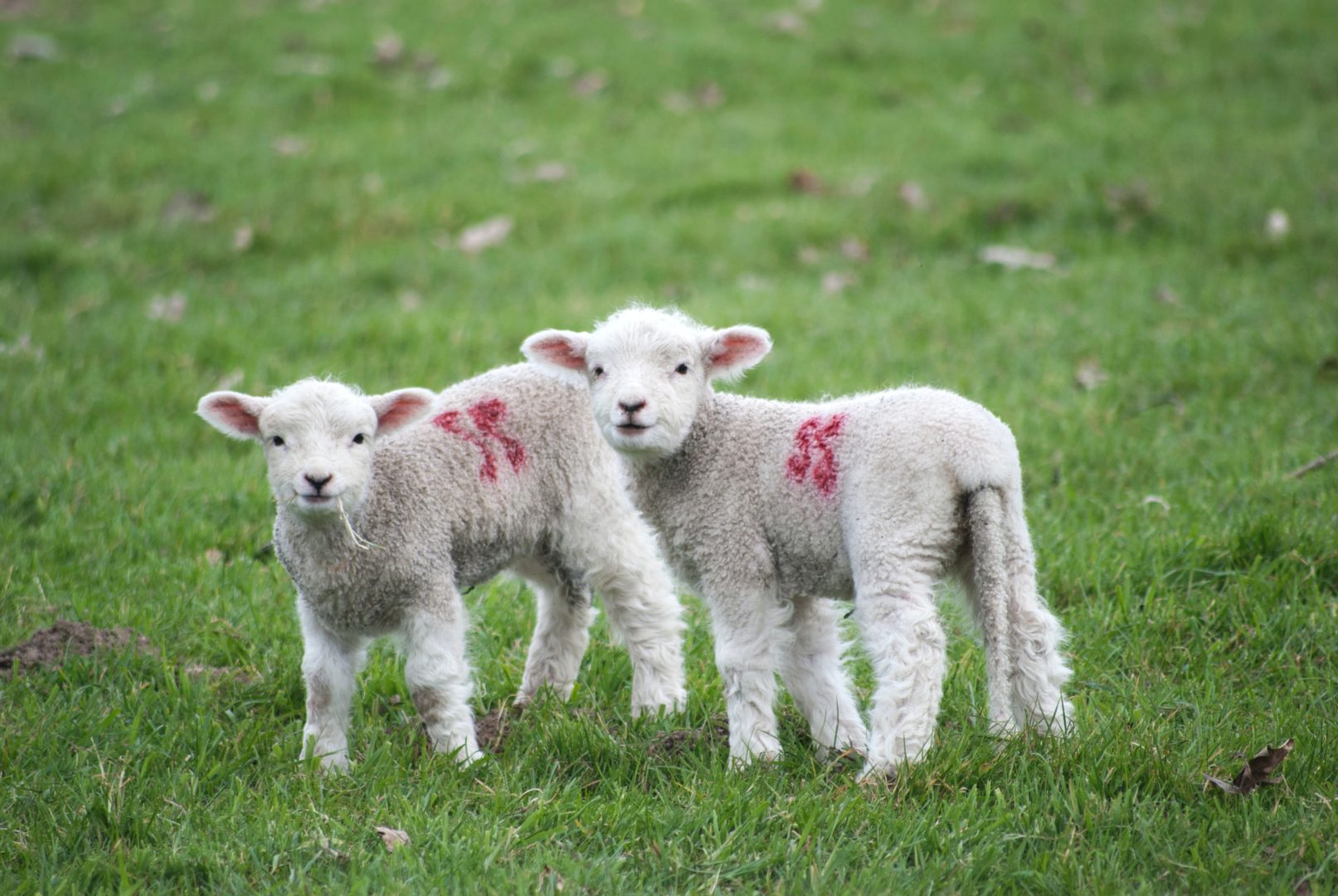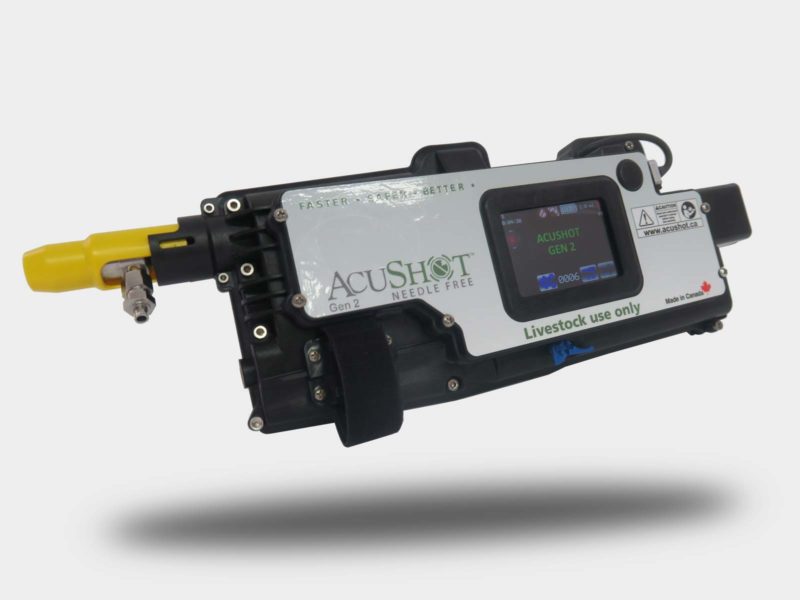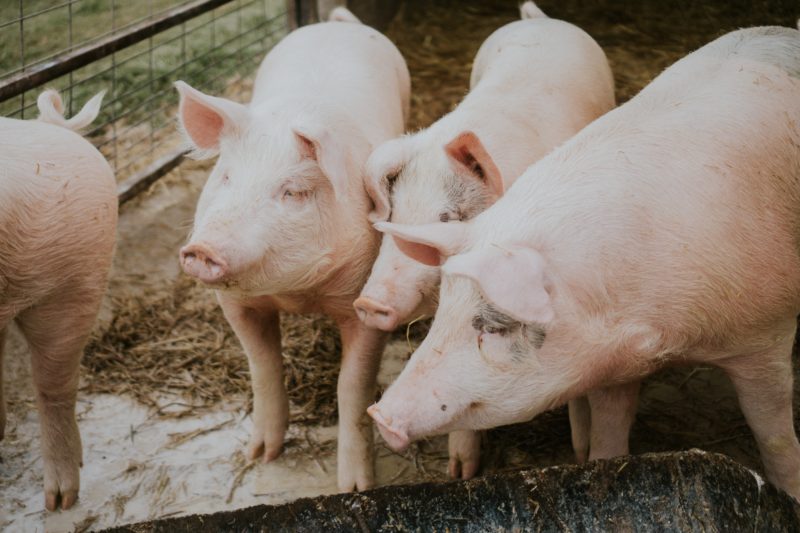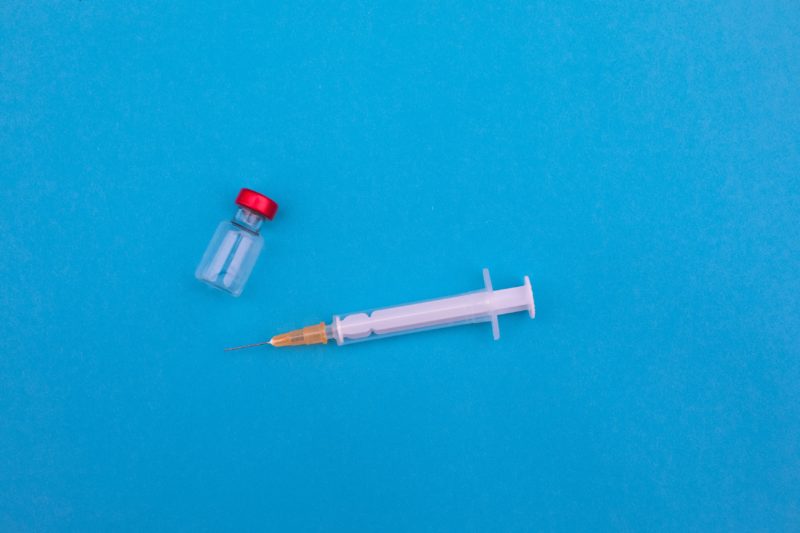Over the next few months we’ll continue to explore some of the most significant issues that are “Making a Difference” in our food supply and how we as “consumers” can impact these challenges.
In our last edition of “Making a Difference” “Animal Welfare”, we reviewed the renewed interest in how the livestock that’s a part of our food chain are treated. We want to delve a little deeper into that conversation in today’s edition “Animal Welfare”.
As we discussed last month, many of us are ignorant about where our food comes from or how our animals are treated.
But….we know that change is happening. According to the American Humane Society, “more than nine out of ten respondents (95%) in our latest Humane Heartland Farm Animal Survey expressed that they were “very concerned” about farm animal welfare. Over three-quarters (76%) of survey participants were also very willing to pay more for humanely produced eggs and dairy products, and humanely raised meat. And in rankings of the importance of food labels, “humanely raised” scored highest. Interestingly, however, more than half of respondents (55%) reported that products branded humanely raised were either not available (36%) or too expensive (19%).”
“Science-based policy is at the center of the American Humane Certified program, which enforces common sense and attainable, albeit rigorous, welfare standards to ensure and verify humane practices. This criterion – determined by an independent scientific advisory committee comprised of leading experts in the fields of agriculture, species-specific animal behavior, and ethics – is centered around the internally accepted Five Freedoms of animal welfare, ensuring that certified animals have appropriate space, lighting, air quality, food and water. These Five Freedoms are globally recognized as the gold standard in animal welfare, encompassing both the mental and physical well-being of animals; they include: freedom from hunger and thirst; freedom from discomfort; freedom from pain, injury, and disease; freedom to express normal and natural behavior (e.g. accommodating for a chicken’s instinct to roost); and freedom from fear and distress.” http://www.americanhumane.org/blog/five–freedoms–the–goldstandard–of–animal–welfare/
Animal welfare is one of the driving forces behind the development of AcuShot’s innovative second generation Needle-Free technology. Use of AcuShot’s technology virtually eliminates the chance of injury as well as the pain and discomfort normally associated with injecting animals. View actual on farm injection videos at www.acushot,ca and see for yourself. Farmers repeatedly comment that using the AcuShot device results in calmer, happier, less stressed animals. It really works!




